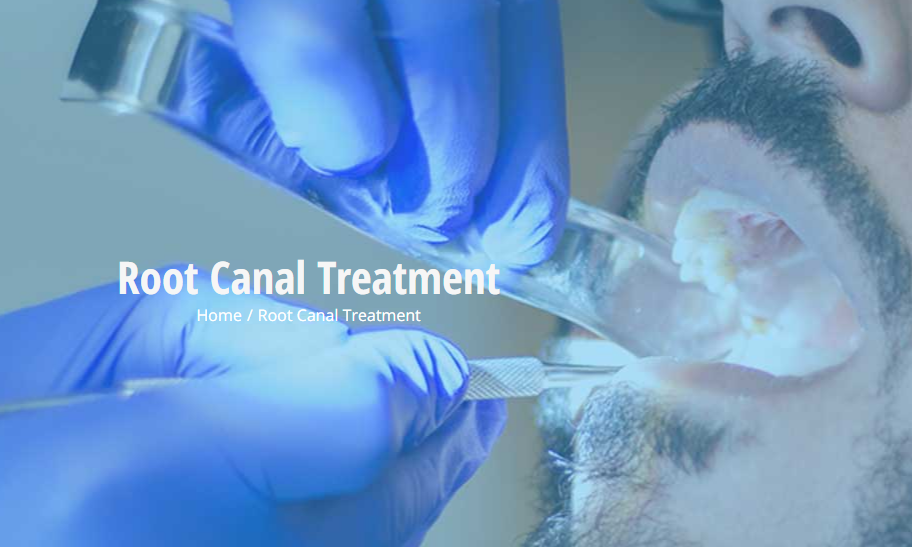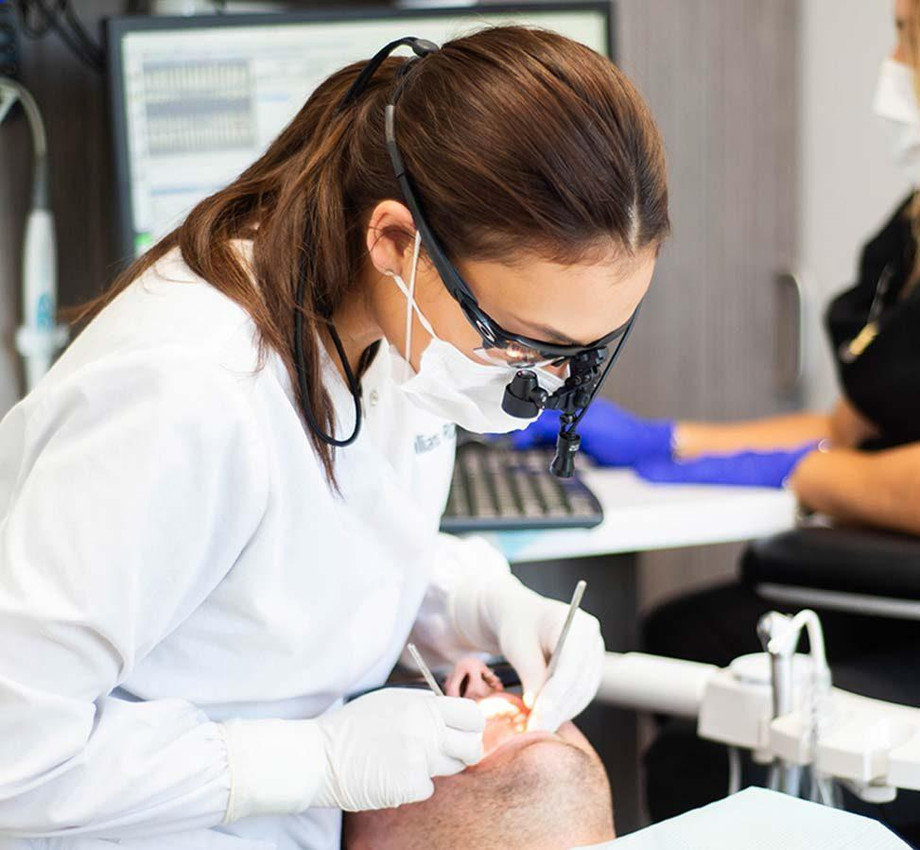What happens during a Root Canal Treatment?
The root canals of a tooth have several smaller side branches along with the main branch and the complete system needs to be sealed after the treatment for getting long-term results.
Endodontic treatment is used to cure the inside of the tooth. Root canal treatment is also one of the endodontic treatments. If you want to understand the treatment thoroughly, you need to know something about the anatomy of the tooth. Inside the tooth, there is a soft tissue, known as pulp which is found below the dentin and white tooth enamel. The pulp comprises blood vessels, nerves, and connective tissue that creates the enclosing hard tissues of the tooth during development.
The pulp spreads from the head of the tooth to the tip of the roots that are connected to the root surrounding tissues. The pulps play an important role in the growth and development of the tooth. When the pulp inside the root canal becomes infected due to repeated tooth decay dental processes on the tooth. If you notice something like this, consult Root Canal Dentist soon.
Root Canal Treatment; Step vise Procedure:
The Endodontic treatment aims to remove the decay and cause of infection of the pulp with the restoration of the tooth structure.
First step:
A dentist In Houston will inject you with a local anesthetic to numb the affected area of the tooth. If the tooth pulp is severely inflamed and very painful, it can take some extra time to get it numb. The dentist will wait for it before starting the next step.
Second step:
Root Canal Specialist will use a dental dam to isolate the infected tooth. A dental dam is a flat, thin, flexible sheet of latex used by dentistry to isolate the affected area to facilitate the treatment. This helps to perform the treatment in a sterile environment free from bacterias that are contained in mouth saliva.
Third step:
Houston Dentist will drill through the biting surface of an affected tooth to make an opening in the crown so that he/she can eliminate the infected pulp with tiny instruments. Once the infected pulp is eliminated, you will not feel pain. The affected area is cleaned with antiseptic and antibacterial solutions.
Fourth Step:
In this step of Root Canal Therapy, dentists shape the tooth with biocompatible materials. After cleaning the canals again, the material is placed with an adhesive cement to confirm the sealings. During Root Canal Procedure, the material used for filling is a thermoplastic material that is used to shape the tooth structure. It is heated and compressed against the walls of the root to seal them properly.
Fifth Step:
In this step, usually, dentists will seal the access hole with a temporary filling. It will be removed by your dentist before the tooth restoration. Then, they will place a crown on the tooth to provide the tooth function completely.
It is quite normal to have some minor discomfort after the treatment that can be managed by antibiotics.
The cost of the treatment varies depending upon the cruciality of the case. If the dentists are performing the treatment on the Front tooth, the cost may be between $600 - $900, for the Bicuspid tooth, it will be $700 - $1,000, and for the molar tooth, the cost may be between $1,000 - $1,400.


Comments
Post a Comment